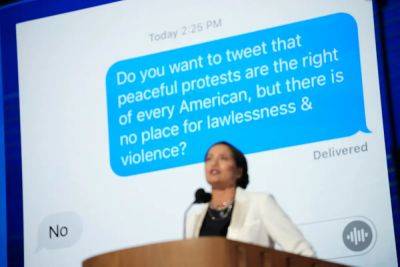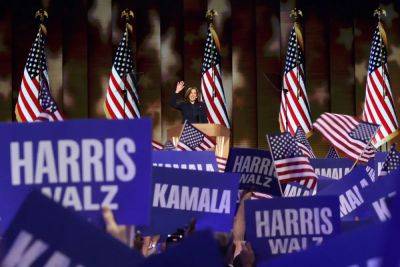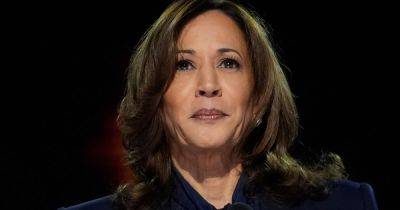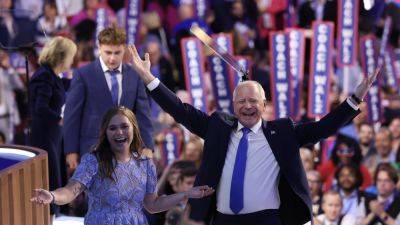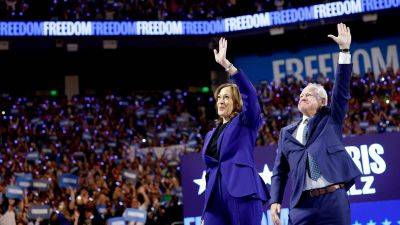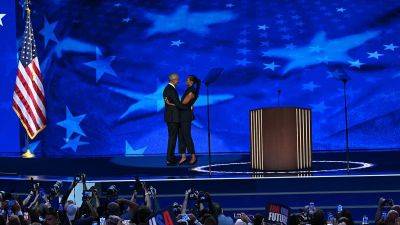Care Policies Take Center Stage in Harris’s Economic Message
The “care economy” — a broad set of policies aimed at helping parents and other caregivers — was the great unfinished work of President Biden’s domestic agenda. Vice President Kamala Harris has made it a central aspect of her campaign to succeed him.
Ms. Harris, the Democratic nominee, has spoken frequently on the campaign trail about making it more affordable to raise children. She chose a running mate, Gov. Tim Walz of Minnesota, whose signature policy accomplishments include the creation of a paid family leave program.
In the first major economic speech of her campaign, she proposed restoring an expanded child tax credit and called for a new $6,000 benefit for parents of newborns. She also laid out policies that aim to reduce housing costs, such as providing up to $25,000 in down-payment assistance to first-time home buyers.
In her speech accepting the Democratic nomination on Thursday, Ms. Harris said she would not let conservatives end programs like Head Start that “provide preschool and child care for our children.”
But Ms. Harris has not yet offered specific proposals on child care, paid family leave or early childhood education. That has surprised some progressive policy experts, and brought flashbacks of the Biden administration’s inability to enact more sweeping policies.
Mr. Biden also initially made the care economy a central piece of his domestic policy agenda, putting it alongside proposed investments in roads and bridges, domestic manufacturing and green energy. His aides often argued that care was a form of infrastructure — that affordable child care, like highways, was essential to a well-functioning economy.


